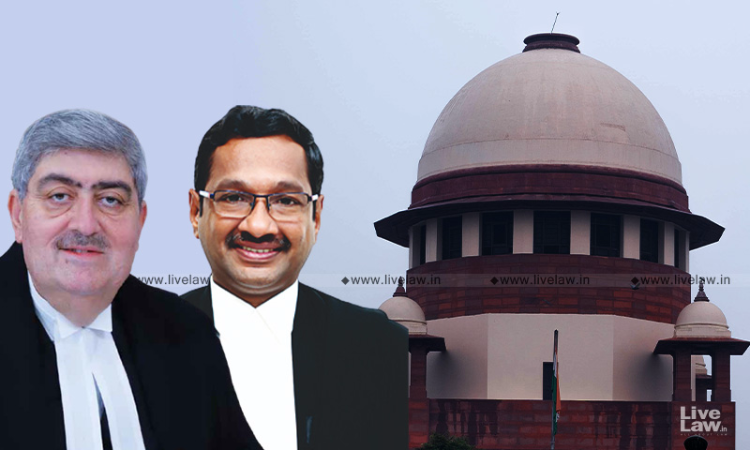Election Petition Can't Be Rejected Summarily For Curable Defects : Supreme Court
Rashmi Bagri
15 Dec 2021 8:48 PM IST

Next Story
15 Dec 2021 8:48 PM IST
The Supreme Court has held that the verifying affidavit in support of election petition need not be thrown out merely because it is not in Form 25 as prescribed under Rule 94A of Conduct of Election Rules, 1961. A bench of Justice Sanjay Kaul and Justice M.M.Sundresh was presiding on a matter regarding lack of attachment of affidavit in support of claims made in an election...
